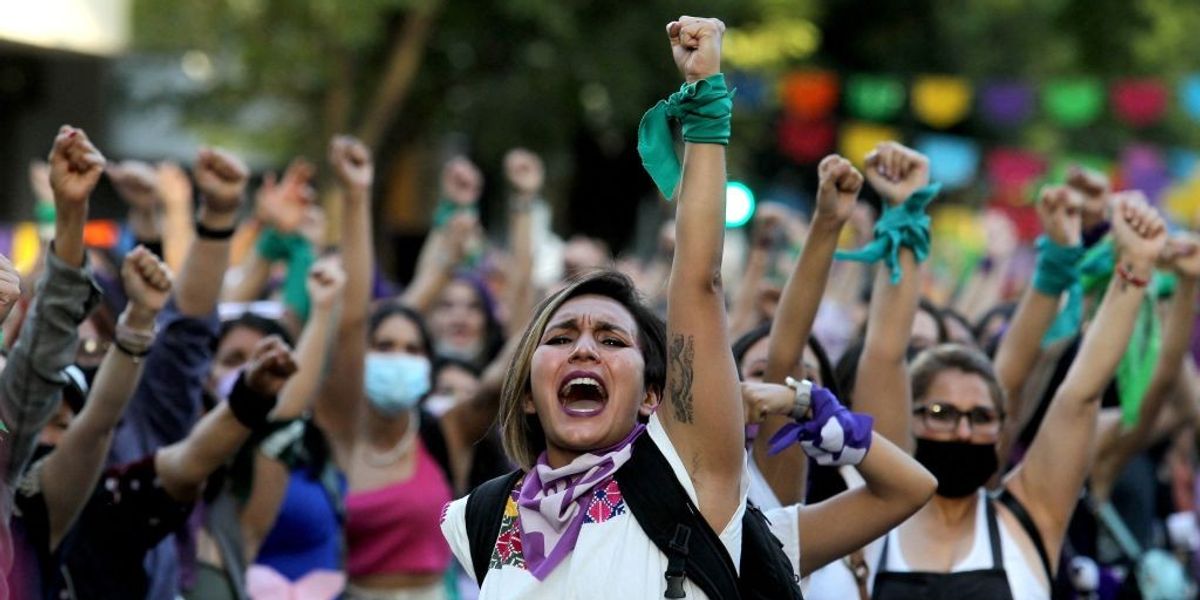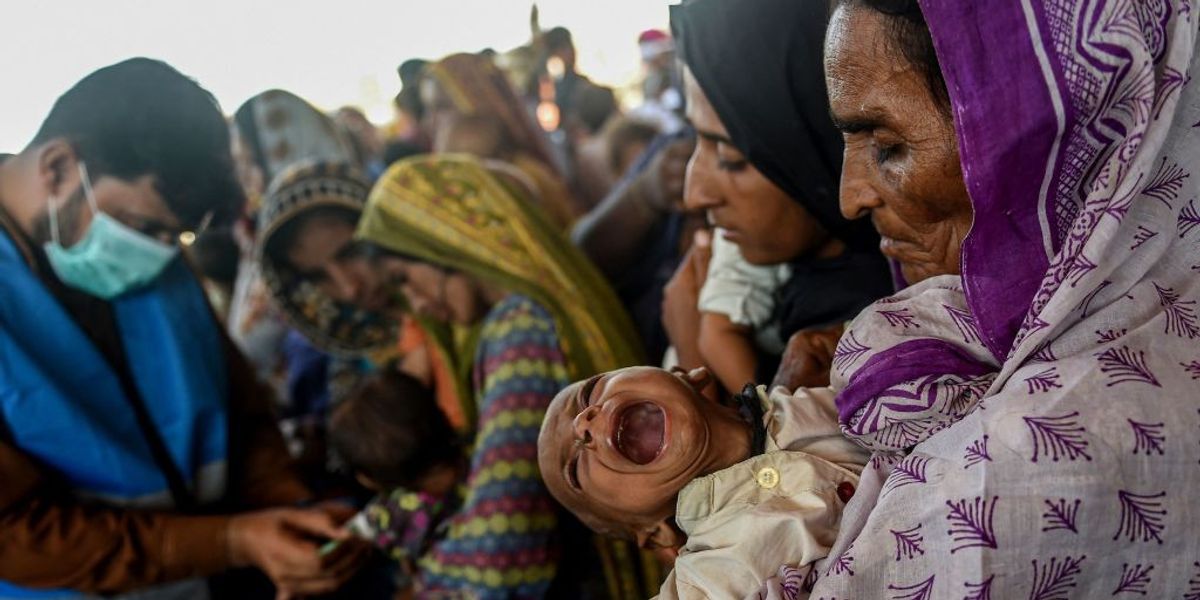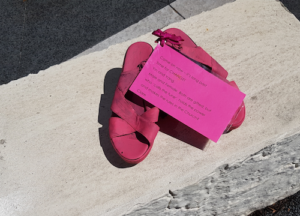
A month ago, I heard on the news that Boston public schools would be closed on February 3 because of the severe Arctic cold and wind chill forecast for that day and the next. My first thought was: what if the students’ mothers are working single mothers, what if they cannot take off or cannot afford to lose the pay—given inflation of food, energy and rents and the impoverishing impact of Covid?
Boston is a severely unequal city with an extremely segregated public school system: 80 percent of children in public school are low-income; 90 percent are students of color, mainly Latino and Black; higher income families with children leave for suburbs when their children become of school age, according to the Dorchester Reporter. Almost all new residential buildings are high-income; and the city is referred to as “two Bostons.”
In one of these “two Bostons” live low-wage women workers, a wage that consigns them to poverty compounded throughout their lives and in old age. “Nearly two-thirds of all low-wage workers in the United States are women,” an inequality worsened by racial inequality. Consider, too, the persistent “motherhood penalty”—whereby mothers are further set back financially by lack of paid parental leave and government-funded child care.
But, my worry today for these working mothers and their children that day concerned only one dimension of the arduous reality facing many women—most egregiously women of color—as we mark International Women’s Day, March 8, a day founded on the fact of women’s inequality. Female textile workers launched the first march on March 8, 1857 in protest of unfair working conditions and unequal rights for women—one of the first organized strikes by working women, during which they called for a shorter work day and decent wages.
Women have gained considerable rights since that and subsequent marches, through our own organizing, protests, and arrests: the right to vote, to own property, to inherit, to education, to have once-legal rape in marriage criminalized. A revolution for human rights without weapons, fists or a drop of blood spilled. Yet, only a handful of countries are nearing full equality for women; and ours is not even close. Indeed, U.S. women’s progress in gaining equality has both stagnated and lost ground.
Worst of all, violence against women by men in all its forms: pornography, rape, prostitution, physical beating, murder increased during Covid. Women’s reproductive rights have been trampled by the 2022 Supreme Court decision to void the right to abortion; and many states are sponsoring a plethora of regulations to deny women access to abortion and birth control. The 5th U.S. Circuit Court of Appeals recently ruled that domestic abusers can own guns – a “death sentence for women and their families,” given “abusers are five times more likely to kill their victims if they have access to firearms.”
From 2001 to 2019, approximately 7,000 U.S. soldiers died in the Afghanistan and Iraq wars, a period of time in which more than 18,000 US women were killed—nearly 3 per day—by current or former intimate partners. (For those who assume male violence and war are inevitable, don’t waste your time on a doomed view. Consider this: during thousands of years in Neolithic Europe women and men lived in egalitarian, peaceful societies, according to respected archeologist Dr. Marija Gimbutas.)
In that same period of U.S. wars in Afghanistan and Iraq, an estimated 14,400 US women died before, during and just after childbirth—more than twice the number of US soldiers killed in these wars. Thousands of memorials commemorate those who gave their lives for their country in war; name one for women killed by men or who lost their lives giving birth to the next generation.
The injustice of women’s inequality ripples out to national governments. Peace and the security of nations are powerfully linked with the equality of women. Comparing the security and level of conflict within 175 countries to the overall security of women in those countries, researchers have found that the degree of equality of women within countries predicts best how peaceful or conflict-ridden their countries are. Further, democracies with higher levels of violence against women are less stable and more likely to choose force rather than diplomacy to resolve conflict.
So, if you care about turning back from the warpath the U.S. is on and eliminating nuclear weapons, consider the words of the revered Ghanian statesman and former Secretary-General of the United Nations, Kofi Annan:
“There is no policy more effective in promoting development, health, and education than the empowerment of women and girls … and no policy is more important in preventing conflict or in achieving reconciliation after a conflict has ended.”
This post was originally published on Common Dreams.









